A home without houses
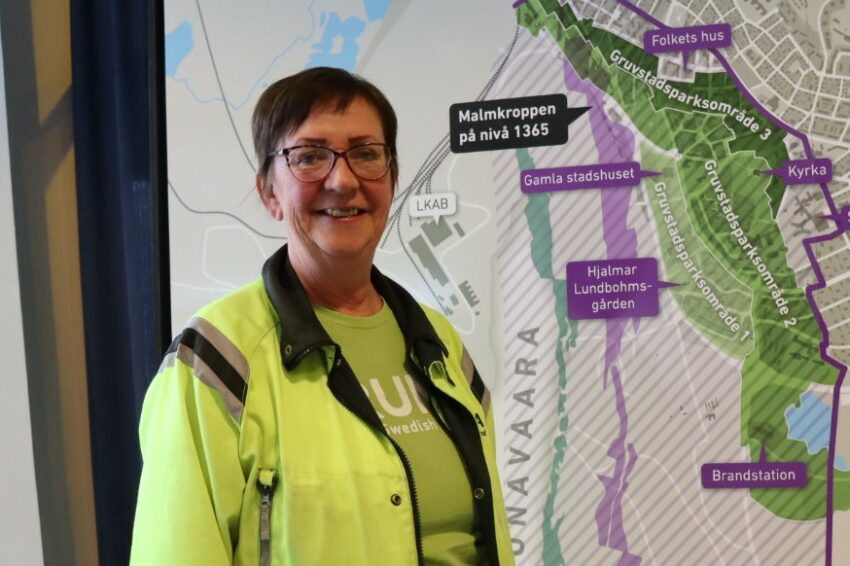
The small town of Kiruna doesn’t seem extraordinary at the first glance. Roughly 20.000 people, some shops and the extensive nature of Swedish Lapland all around define the city. But in the last years, Kiruna gained worldwide attention due to it’s ambitious goal to move a third of its citizens away from the ground deformation caused by the local iron ore mine.
While representatives of the Municipality and the local tourism sector mostly see the positive sides of foreigner’s increased interest in their town, some citizens are tired of answering the same questions over and over again.
The city transformation is no doubt an exceptional project, but for the people of Kiruna there is much more to discover about their Nordic hometown. Though they have to bid farewell to historical buildings and memory-loaded houses, there are many other things that make Kiruna their home.
Yuki
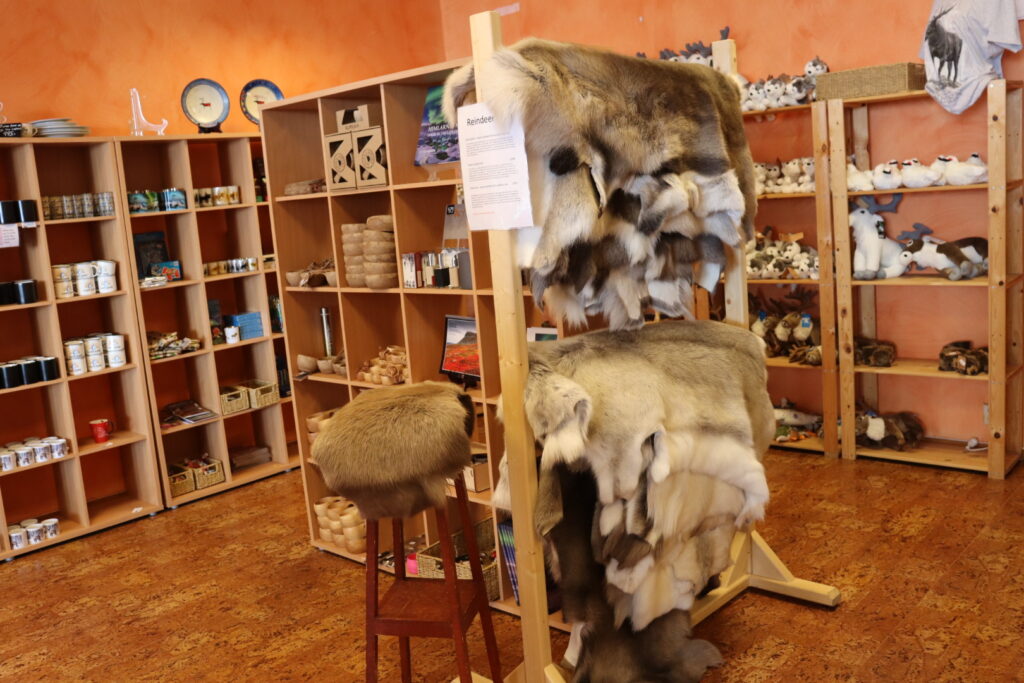
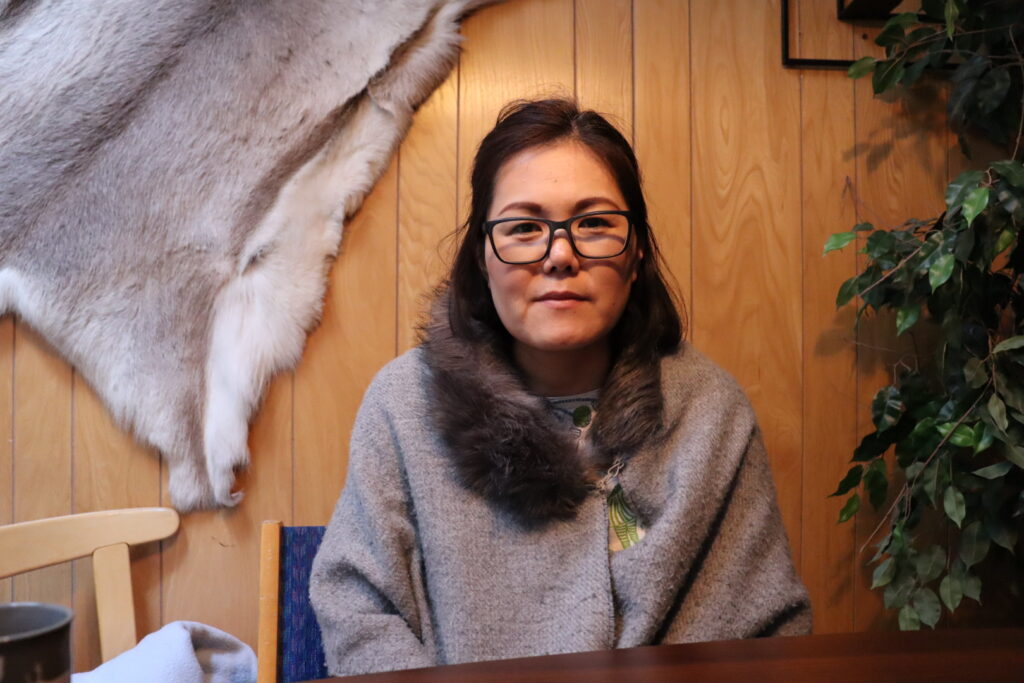
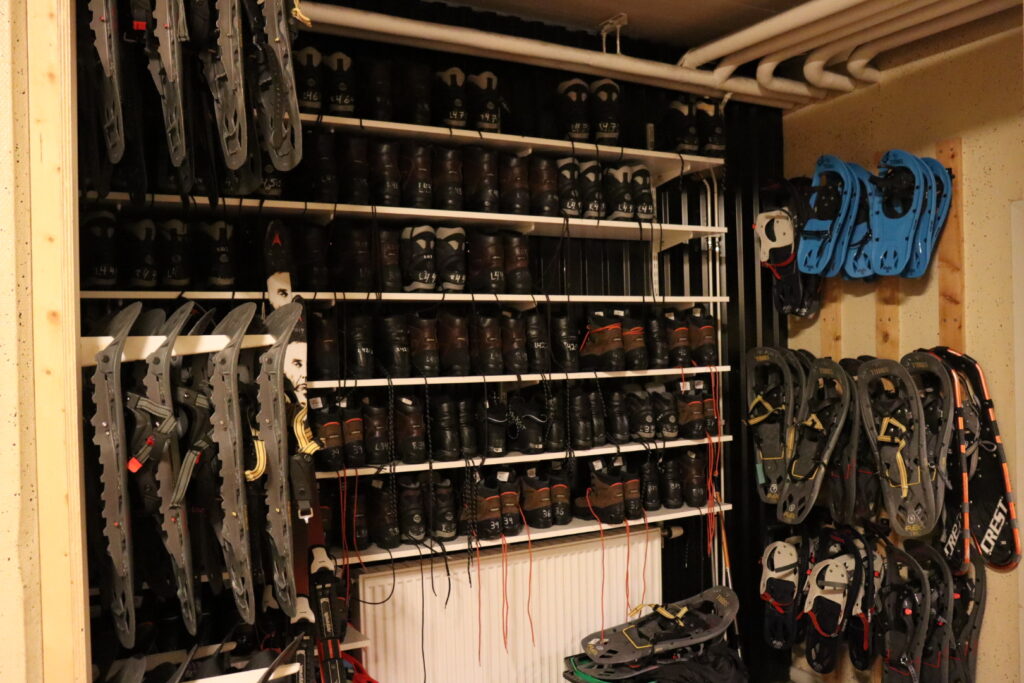
Yuki Fredriksson was born in Japan, and when she moved with her partner to his hometown Kiruna, they only planned to stay there for two or three years. Now, she is the CEO of the tourism company Kiruna Guidetur and doesn’t plan to go anywhere else soon. “I think the change happened when I got a son. It feels like it’s my child’s home, so it became more like my home.”
She appreciates the beautiful nature and spends her free time cross country skiing, picking perries or collecting mushrooms. Another thing Fredriksson likes about Kiruna are the open and funny locals and the work-life-balance. “You have so much time to spend with you family and friends. I can’t get that in Japan.”
Gun-Britt
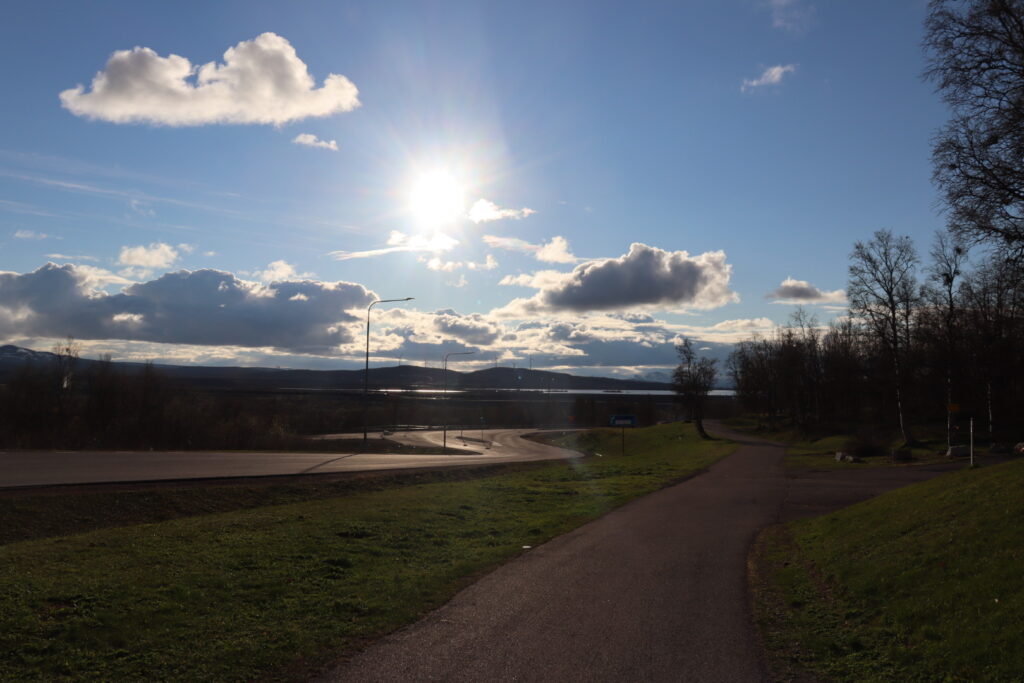
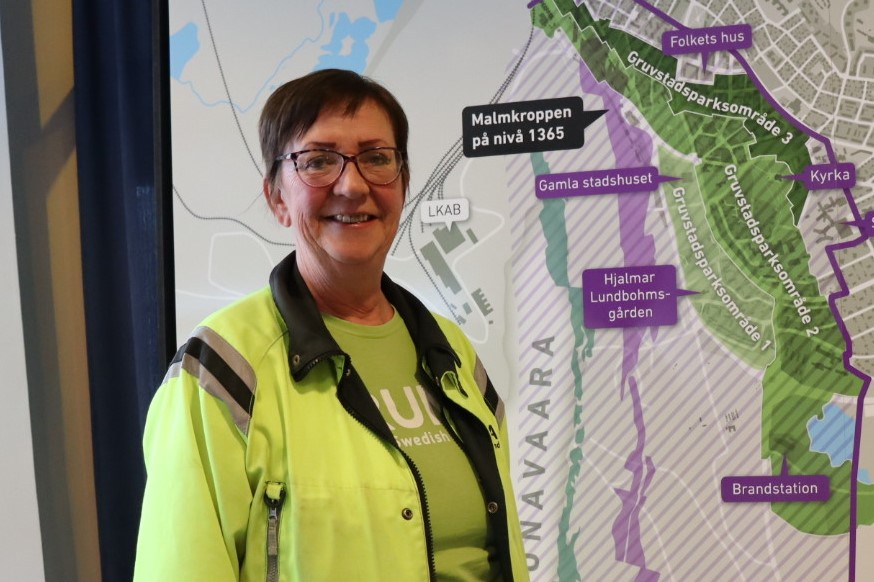
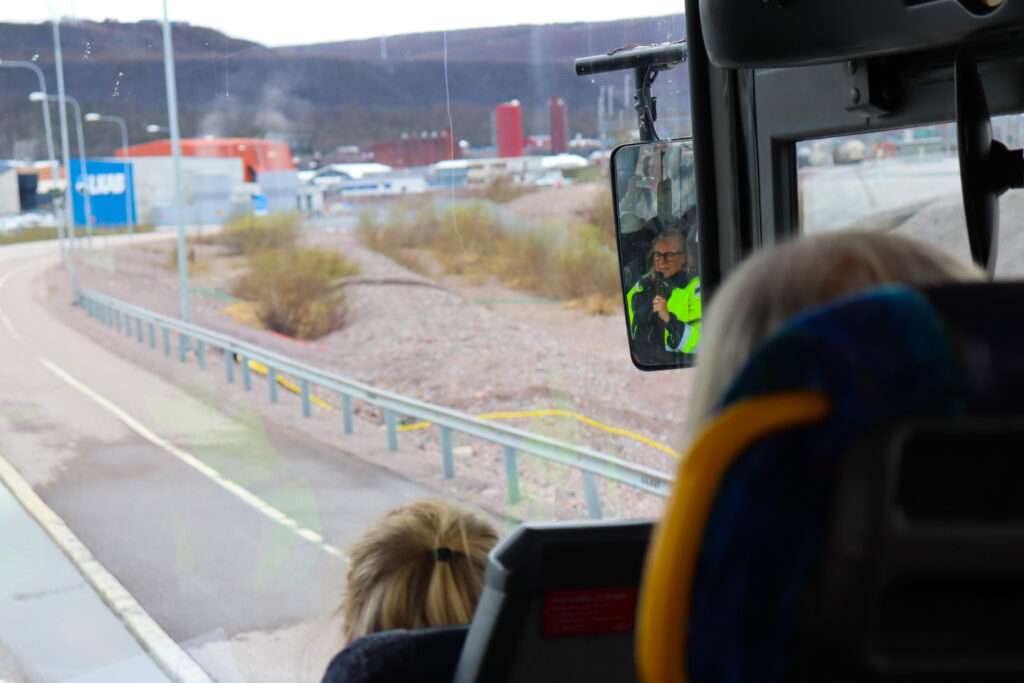
Just like her mother and her grandmother, Gun-Britt Landin Henriksson was born and raised in Kiruna. She has a special connection to the mine and its ability to provide for the whole town and passes that on in her job at the Kiruna Turistcenter. “If you would like to live here, you have to love nature”, she confirms. Skiing, snowmobile tours, ice fishing and hiking in the mountains are only some of the possibilities Kiruna offers to her. “But also just to sit outside on a spring day in the snow or in the sun with a coffee. That’s like vacation, it’s like a spa day.”
For Henriksson, Kiruna has had a special spirit ever since LKAB managing director Hjalmar Lundbohm created it in 1900. “Most of the people who have their roots here have this spirit from the beginning. We are proud of our city.” But in her opinion, foreigners can also be a part of this spirit – “if they meet people, the real inhabitants of Kiruna.”
Fredrik
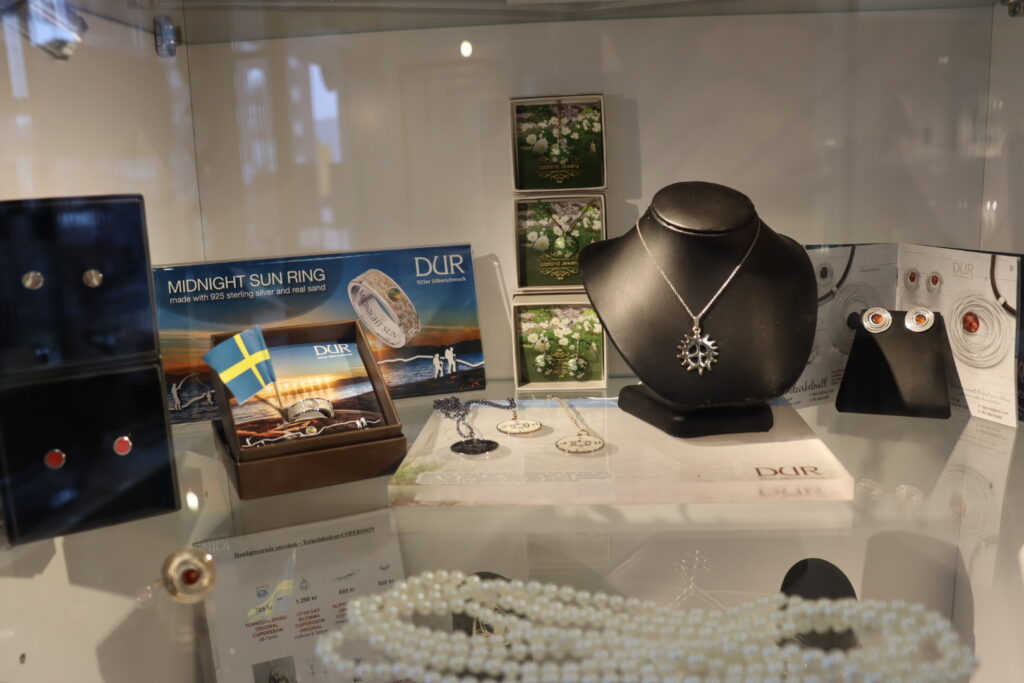
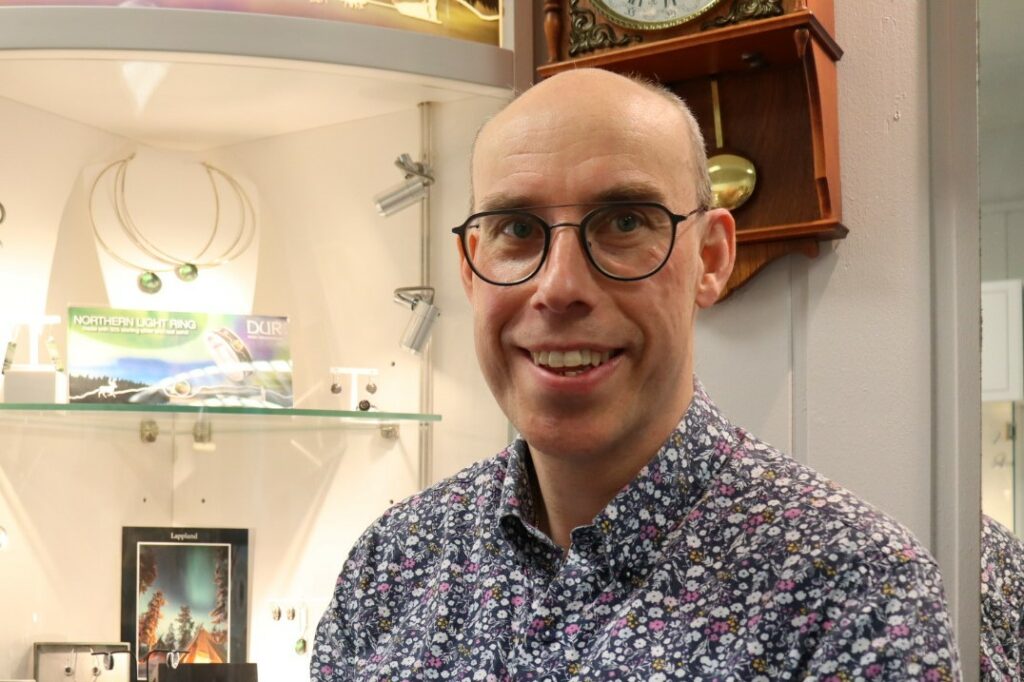
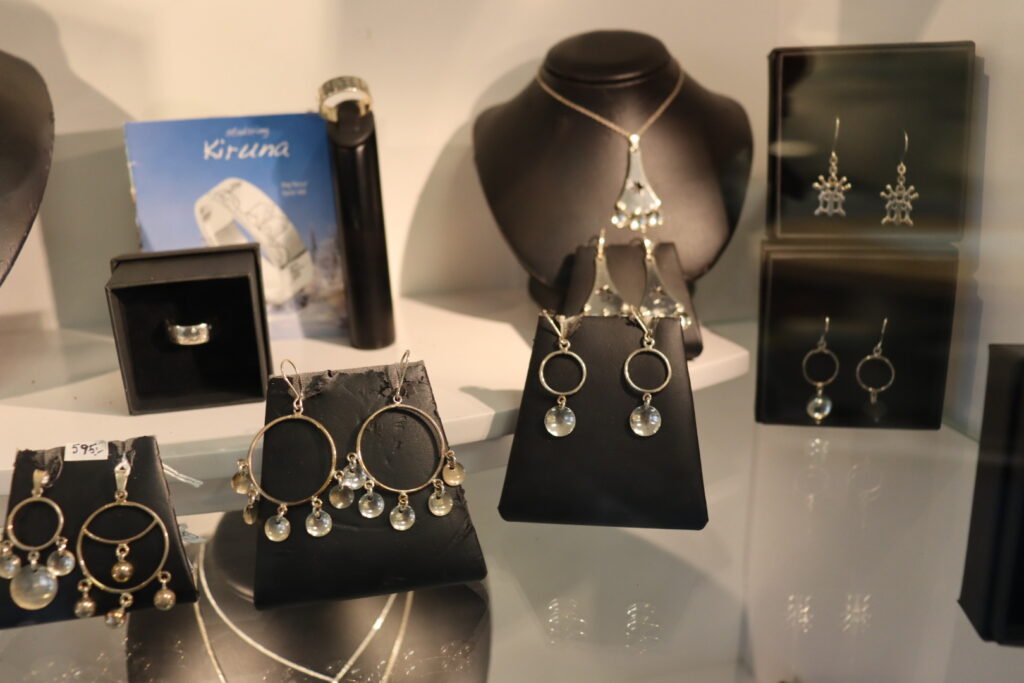
Fredrik Andersson is Swedish, but only came to Kiruna in 2006, when he opened his jewelry store in the main square. He cherishes the view of the mine and the mountains right outside his shop window, which he will miss after his move to the new city center. In his free time, he goes biking or takes part in events like the town festival, the ice fishing competition or the Fjällräven Classic trekking event.
Andersson likes the effect nature has on him. “When you’re outside, your stress goes down, you’ll get calm and you relax.” Because of the close connection to nature, he thinks people in Kiruna are more down to earth. “The competition between people is not here all the time”, he explains. “I also hear from tourists ‘finally I can be myself’ because there is no pressure on them. You don’t need to fix makeup and hair every day, because of the nature, the wind and the cold.”
Marianne
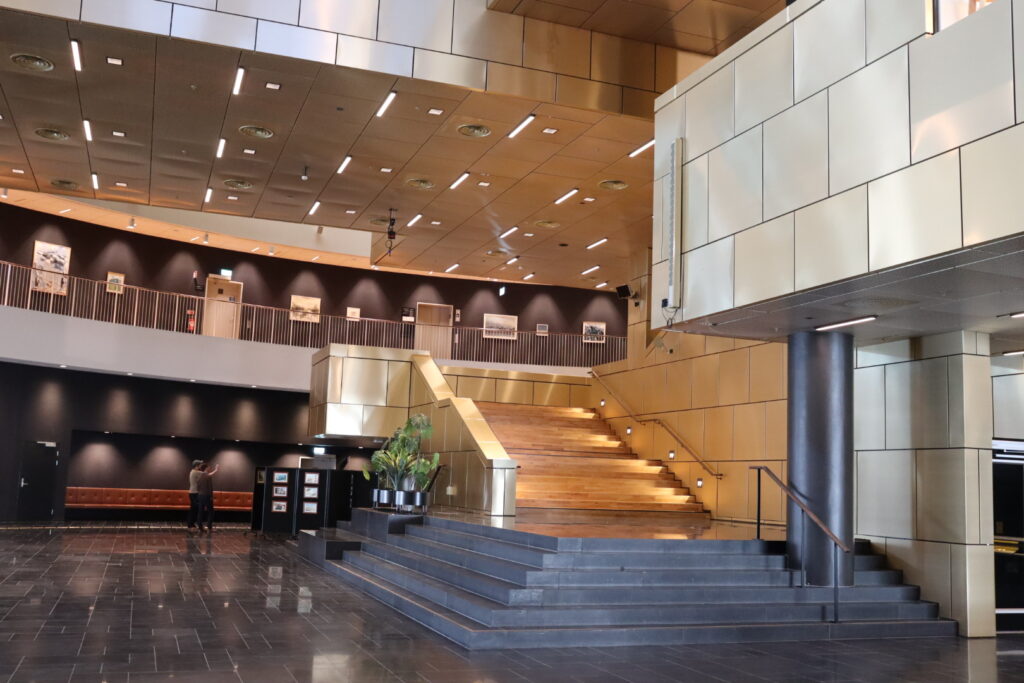
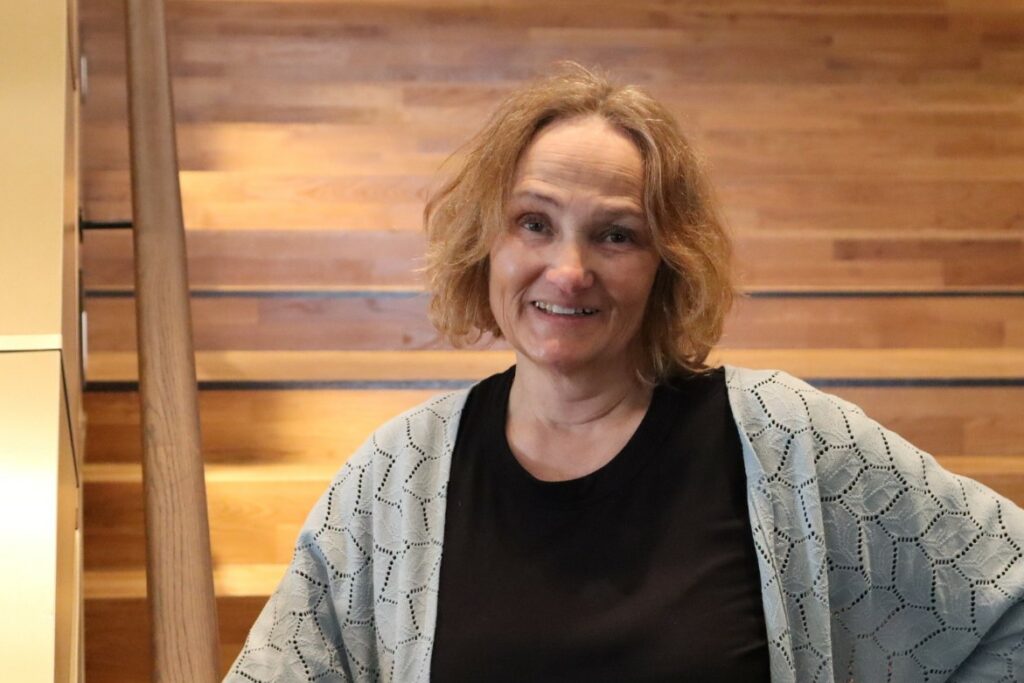
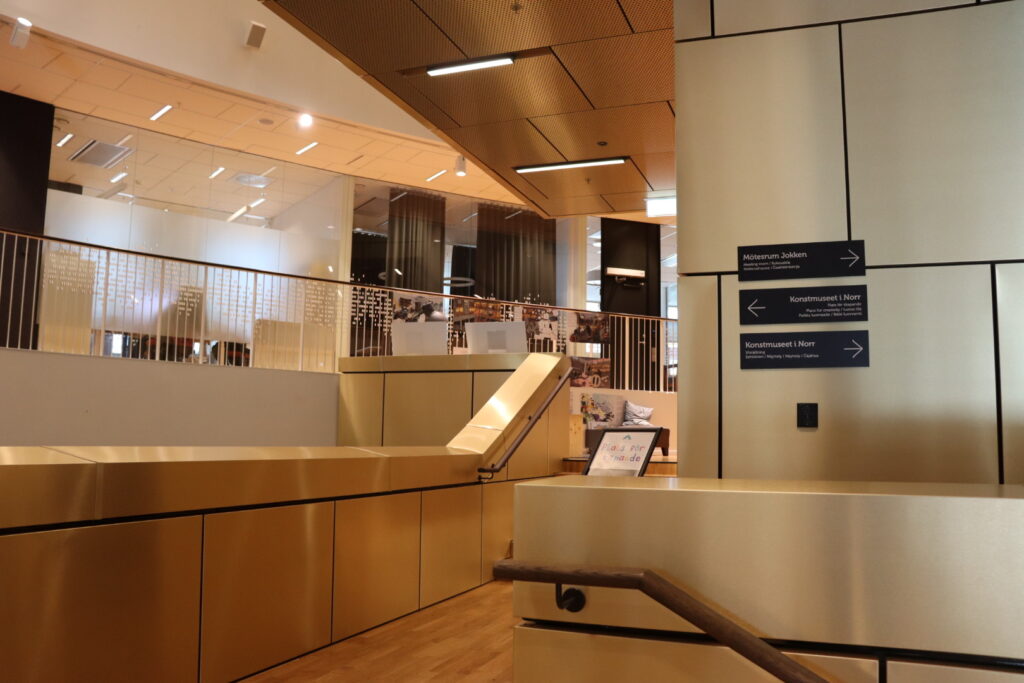
Marianne Nordmark moved away from Kiruna at age 20, but came back once she had a family. She now works as a Communications Officer in the Municipality and likes that the region offers a lot of space. She appreciates spectacles like the Midnight Sun and the Northern Lights and how the snow ensures that even in the darkest winter the town never goes completely black. For Nordmark, Kiruna is all about contrasts: “I like when the sun never goes down, but also when I can go out skiing.”
Ennock
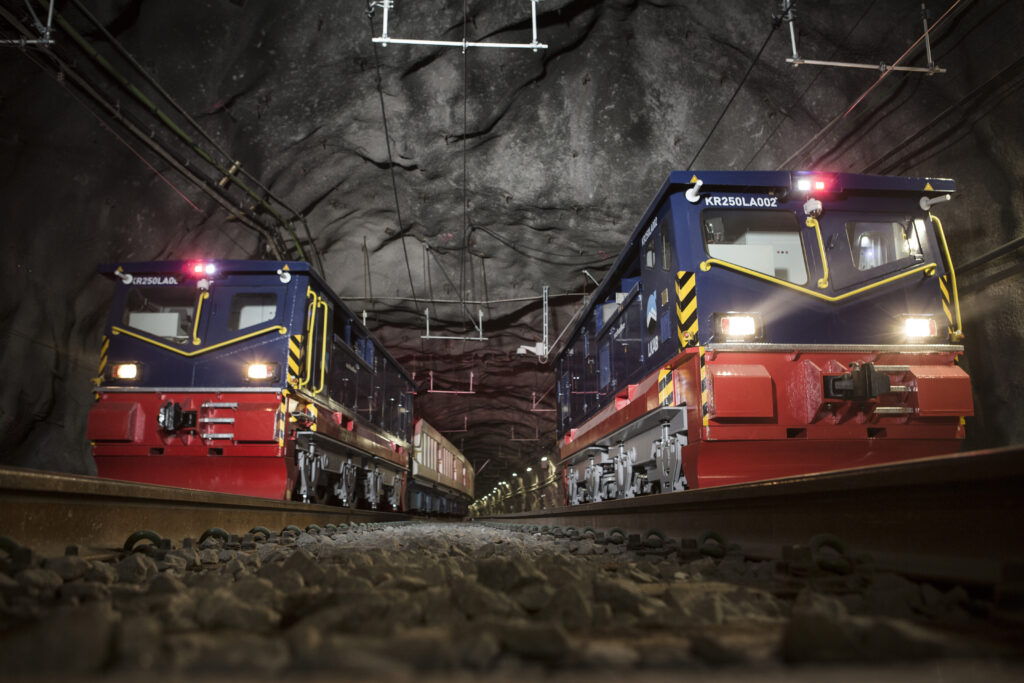
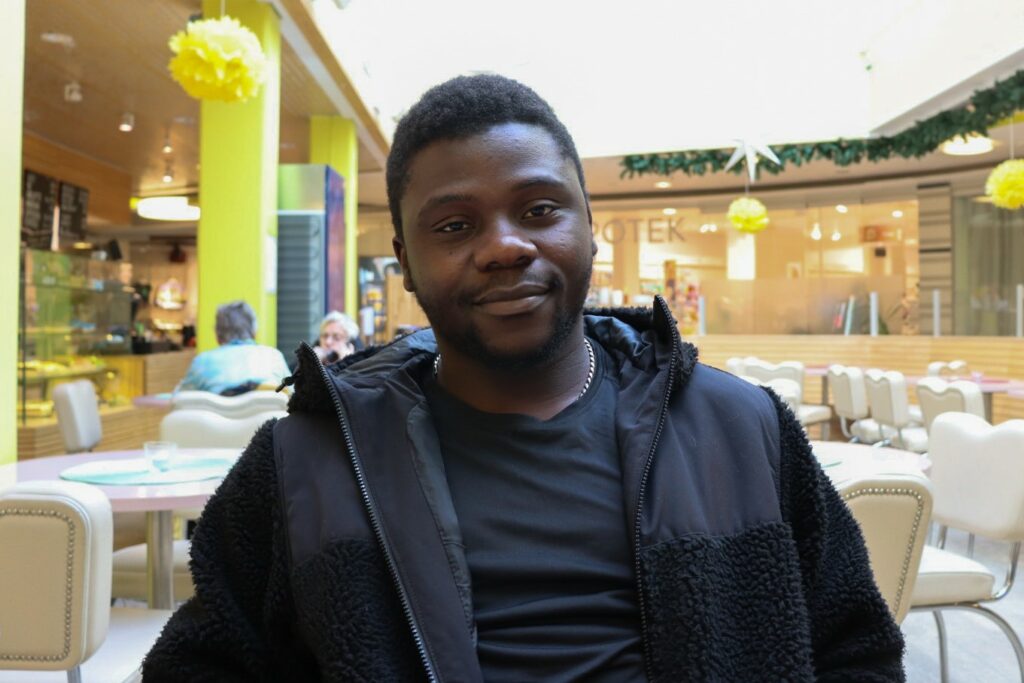
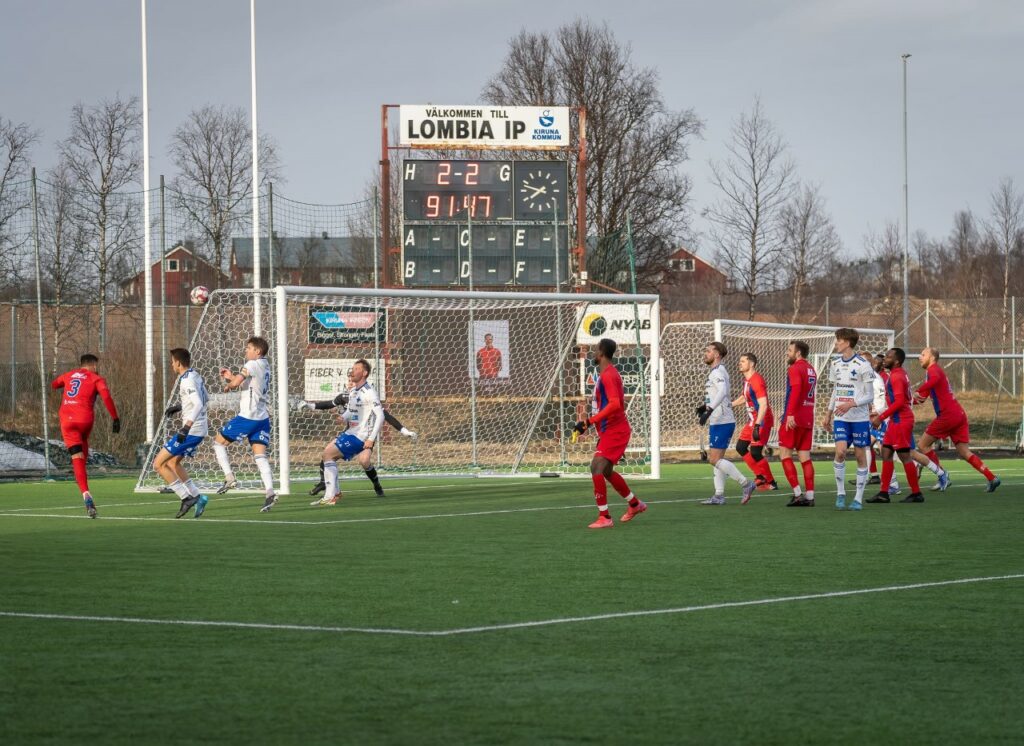
Fleeing the violence in his home country Kongo, Ennock Lufakalyo came to Kiruna at age 15. After highschool he started working as a maintenance technician for the local mining company LKAB. His job introduced him to a lot of helpful people. “It’s a great community. You know, when you go to church, you meet people and stuff. That’s LKAB.”
Early on, he also made a lot of friends through the local football club Kiruna FF. “Every match we get like 500 people to visit. That’s why football is extra special in Kiruna.” Similar to other young people, 21-year-old Lafakalyo enjoys dancing and going to the local nightclub, but he also loves driving snowmobiles or having BBQ nights. The nature gives Lufakalyo a feeling of freedom.
Does Kiruna feel like a home to him? “If you asked me when I came here, I wouldn’t have said yes. But now I made a lot of friends and contacts. It feels like a place where I belong.”
Kiruna Klätterklubb
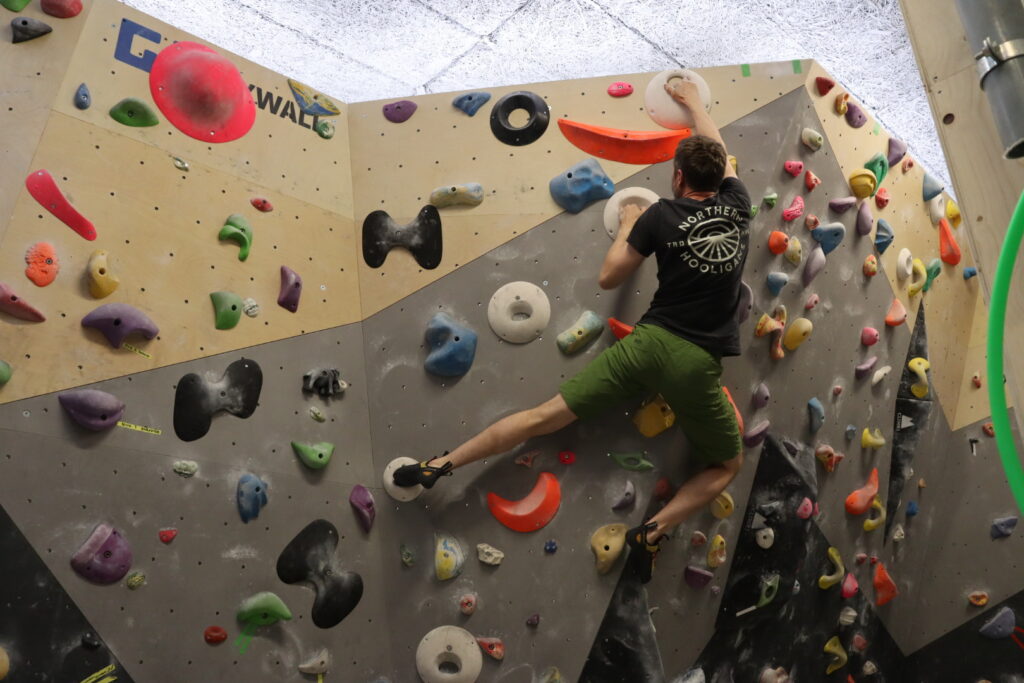
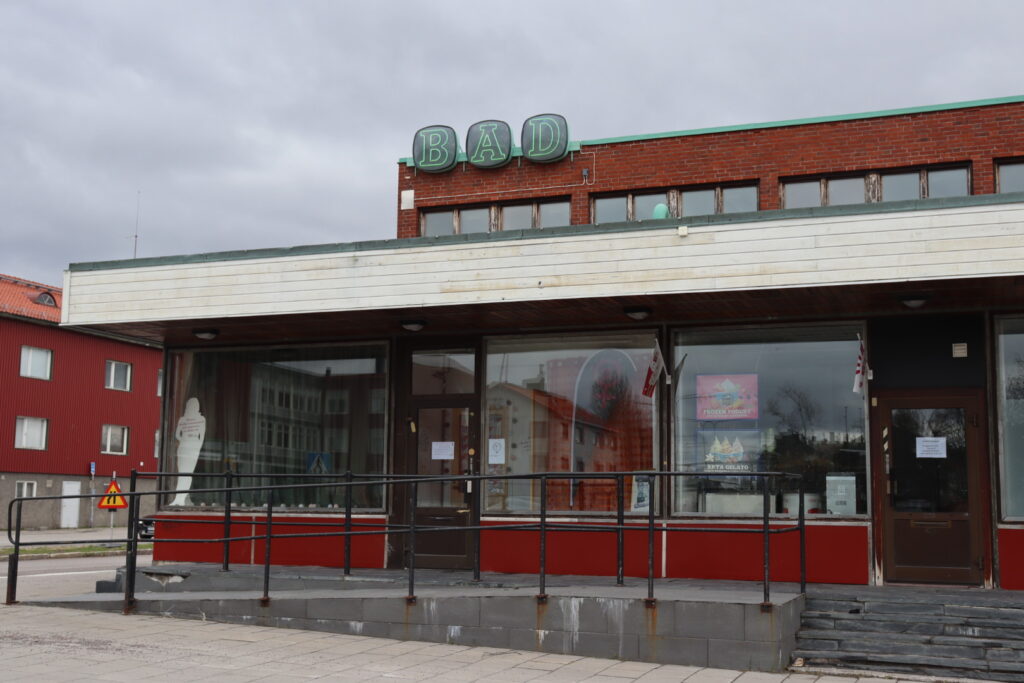
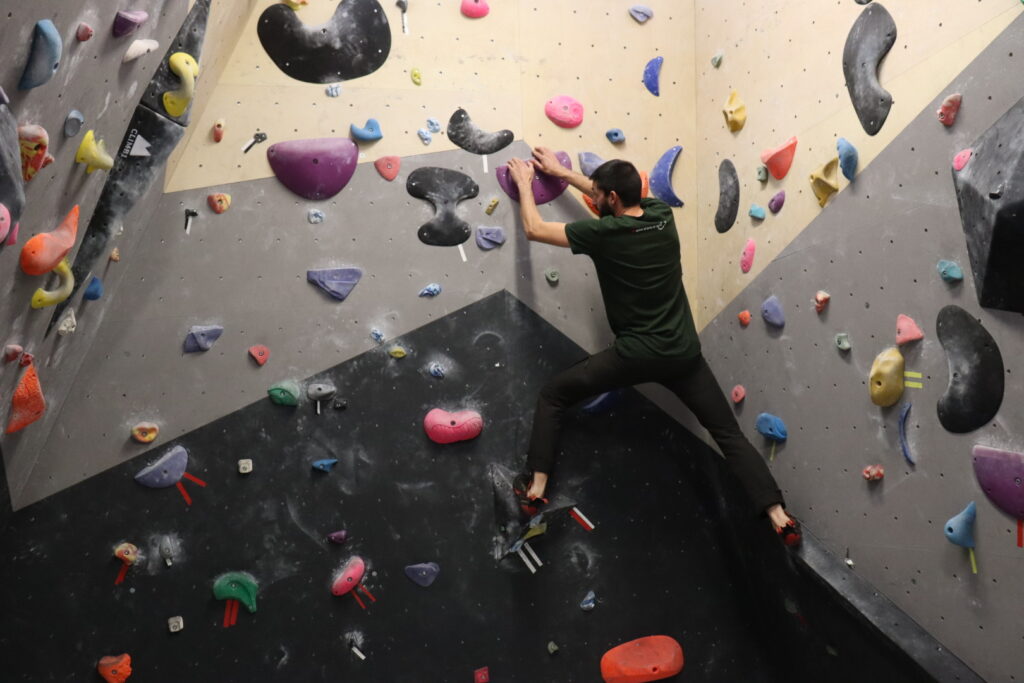
Clubs like the Kiruna Climbing Club are vital to the community of the town. Here, people can come together to pursue their interests and meet new people. Trainer David, for example, is Czech and is a mine engineer at LKAB. He welcomes Dimitris from Greece, who came to Kiruna to work in the Ice Hotel, and shows him the club’s climbing hall.
While Kiruna itself is not the best place for climbing, as the area around to mine is often too dangerous to use, it is close to dream locations like Narvik or the Norwegian Lofoten. Chairwomen Lena Unneberg will soon take the club’s youngsters on a weekend trip to the Lulea, where they will meet up with other hobby climbers.
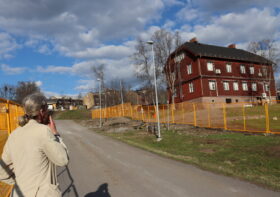
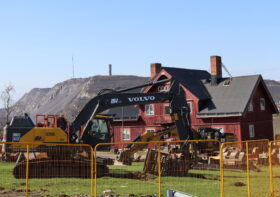
Leave a Reply